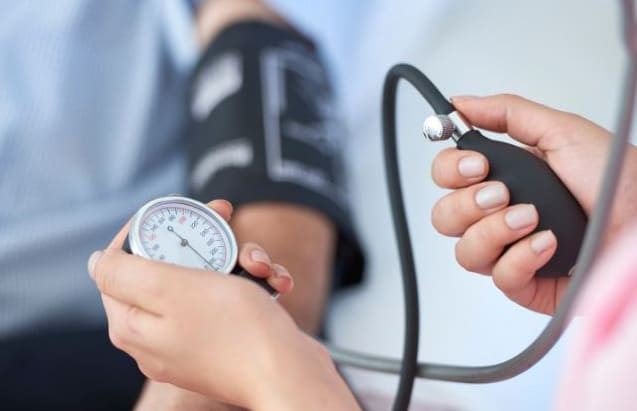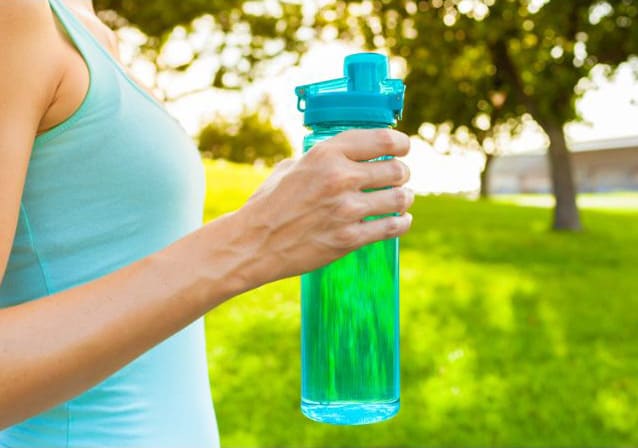Let’s talk about something that’s as simple as it is essential: hydration. You might not think much about it, but staying hydrated is like giving your body a gentle hug—it’s supportive, nurturing, and helps everything run smoother. And when it comes to telehealth, where you’re managing your health from the comfort of your home, hydration plays an even bigger role. Let’s take a closer look at why hydration and telehealth go hand in hand and how you can make it a part of your daily routine without it feeling like a chore.
Why Hydration Matters for Telehealth Users

If you’re using telehealth, you’re already taking a proactive step toward managing your health. Whether you’re dealing with a chronic condition like diabetes or heart disease, recovering from an illness, or simply aiming to stay healthy, proper hydration can make a real difference. Here’s how:
- Supports Chronic Condition Management: For conditions like diabetes, hydration is crucial for kidney health and blood sugar control. Since telehealth often involves monitoring these aspects remotely, staying hydrated helps ensure your body is in the best shape for those check-ins. Research suggests that dehydration can increase the risk of complications in chronic conditions, so keeping fluids up is key.
- Keeps Your Heart Happy: Hydration helps regulate blood pressure and reduces the risk of heart-related issues, which is especially important if you’re using telehealth to keep tabs on your heart health. The American Heart Association notes that staying hydrated helps your heart pump blood more efficiently, easing the strain on your cardiovascular system.
- Boosts Cognitive Function: Feeling foggy during your virtual appointments? Dehydration can slow down your brainpower, affecting concentration and decision-making. Staying hydrated keeps your mind sharp, so you can actively participate in your care.
- Aids Recovery: If you’re recovering from surgery or an illness, hydration supports your body’s healing process. Telehealth can help monitor your progress, but hydration is your body’s behind-the-scenes MVP, helping flush out toxins and deliver nutrients to cells.
In short, hydration and telehealth isn’t just about drinking water—it’s about setting yourself up for success in managing your health remotely.
Practical Tips for Staying Hydrated

Now, let’s get real. We all know we should drink more water, but sometimes it feels easier said than done. Here are some practical tips to help you stay hydrated without overcomplicating things:
- Carry a Water Bottle: Grab a reusable bottle and keep it with you throughout the day. It’s a small step, but it makes sipping water regularly so much easier.
- Set Reminders: Life gets busy, and it’s easy to forget to drink. Set alarms on your phone or use a hydration app to remind you to take a sip every hour or so.
- Eat Your Water: Not a fan of plain water? No problem! Foods like watermelon, cucumbers, and oranges are packed with water and add variety to your hydration routine. They also provide nutrients that support overall health.
- Check Your Urine: Yes, it’s a little gross, but it’s a quick way to tell if you’re hydrated. Pale yellow urine means you’re on track; darker shades signal it’s time to drink more.
- Hydrate Before and After Activity: If you’re active or it’s a hot day, make sure to drink extra water. Your body loses more fluids when you sweat, so you’ll need to replenish them.
These tips are easy to weave into your daily life, and they’ll make a big difference over time.
Busting Common Hydration Myths

There are a few misconceptions about hydration that can lead to confusion. Let’s clear them up:
- Myth: Caffeine and alcohol dehydrate you completely. Not entirely true! While these beverages can increase urine production, they still contribute to your overall fluid intake. However, it’s best to balance them with plenty of water to avoid any potential downsides.
- Myth: Thirst is your body’s hydration alarm. Actually, by the time you feel thirsty, you might already be a little dehydrated, especially if you’re older or have certain medical conditions. It’s important to drink water regularly, even if you don’t feel thirsty.
- Myth: You must drink eight glasses a day. This is a common guideline, but everyone’s needs are different. Factors like age, activity level, climate, and health conditions play a role. Listen to your body and adjust accordingly.
Making Hydration a Habit
Here’s the thing: hydration and telehealth isn’t just about drinking water—it’s about making a small, consistent commitment to your health. When you stay hydrated, you’re supporting your body’s natural functions, which makes managing your health through telehealth even more effective. Plus, it’s one of those rare things that’s both simple and impactful.

To make it stick, start small. Maybe it’s keeping a water bottle on your desk or adding a slice of lemon to your glass for a little flavor. If you’re managing a chronic condition, talk to your telehealth provider about how hydration fits into your care plan—they might have personalized tips to share.
Here’s a quick reference table to keep you on track:
| Hydration Tip | Why It Helps | How to Do It |
| Carry a Water Bottle | Makes drinking water convenient and accessible throughout the day | Choose a reusable bottle you love and keep it nearby |
| Set Reminders | Prevents forgetting to drink during busy days | Use phone alarms or a hydration app to prompt you hourly |
| Eat Water-Rich Foods | Adds hydration and nutrients to your diet | Include fruits like watermelon or veggies like cucumbers in meals or snacks |
| Monitor Urine Color | Quick way to check hydration status | Aim for pale yellow urine; drink more if it’s darker |
| Hydrate Around Activity/Heat | Replenishes fluids lost through sweat | Drink extra water before, during, and after exercise or hot weather exposure |
So, grab your favorite water bottle, set those reminders, and maybe even throw in some hydrating snacks. Your body (and your telehealth appointments) will thank you.
Wrapping Up
Hydration is one of those small habits that can have a big impact, especially when you’re managing your health through telehealth. By keeping your body hydrated, you’re not only supporting your physical and mental well-being but also making the most of your virtual care experience. So, here’s to raising a glass—of water, of course—to better health, one sip at a time!
Ready to take charge of your health? Book a telehealth appointment with us today.
Want more tips for a healthier you? Check out our summer wellness guide!

